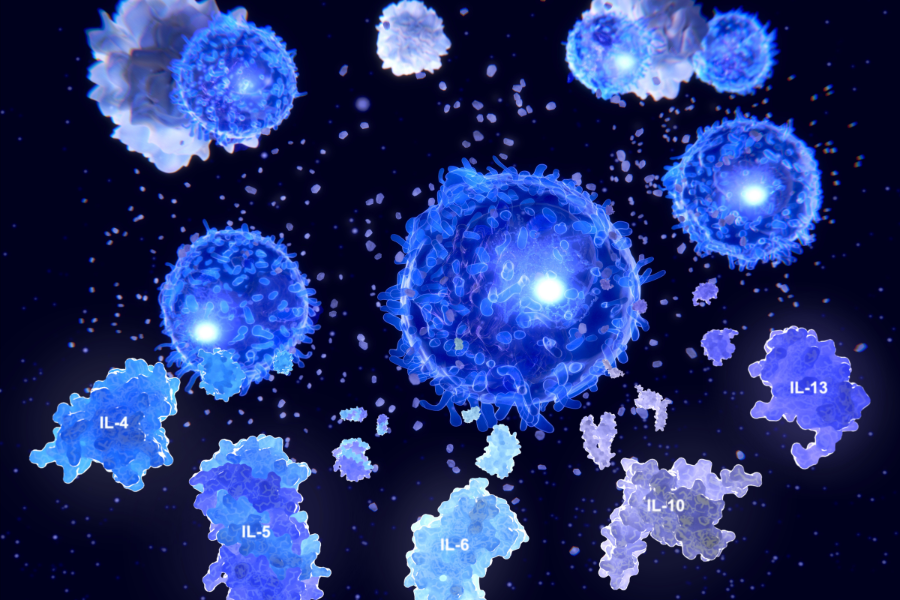What we love about 9-Me-BC
Although not a peptide this relatively inexpensive nootropic is great for dopamine restoration of the brain. Specifically, the brain healing benefits are shown in studies and anecdotally and we find this is a great nootropic to add for people who are trying to perform their best cognitively, or restore brain function after long term use of anti-depressants but especially after compounds such as Adderall.
Overview
In the intricate and ever-evolving world of neuroscience, a quiet revolution is taking place. One that could alter how we think about neuroprotection, cognitive improvement, and brain health. This revolution is driven by a novel compound known as 9-Me-BC, a nootropic that is swiftly gaining recognition for its transformative effects on brain health.
Nootropics are compounds that are intended to improve motivation, memory, creativity, and cognitive abilities. 9-Me-BC is unique in this family of drugs and has strong neuroprotective effects. Let’s take a better look at 9-Me-BC and it’s potential application.
What is 9-Me-BC
9-Me-BC (9-Methyl-β-carboline) is a derivative of β-carboline, a naturally occurring compound found in various plants and animals. Known for its potent neuroprotective effects, 9-Me-BC has gained attention as a promising nootropic with potential cognitive benefits. 9-Me-BC is particularly noted for its ability to stimulate the growth of dopamine neurons.
Dopamine is a neurotransmitter crucial for memory, motivation, and mood regulation. In neurodegenerative disorders like Parkinson’s disease, dopaminergic neurons are often damaged. The potential of 9-Me-BC to protect and possibly regenerate these neurons is a compelling area of research.
9-Me-BC Mechanism of Action
The main way that 9-Me-BC works is through its capacity to alter the dopaminergic system. 9-Me-BC stimulates the production and transmission of dopamine, a neurotransmitter essential for motivation, attention, and reward-seeking behavior, by upregulating and safeguarding dopaminergic neurons. To further enhance its dopaminergic effects, 9-Me-BC also upregulates the expression of tyrosine hydroxylase, an essential enzyme involved in the manufacture of dopamine.
Another notable aspect of 9-Me-BC’s mechanism is its inhibition of monoamine oxidase B (MAO-B), an enzyme responsible for breaking down dopamine. 9-Me-BC increases dopamine availability in the synaptic cleft by blocking MAO-B, which improves dopaminergic transmission.
It’s also worth noting that 9-Me-BC has promising neuroprotective and anti-inflammatory qualities, which might explain some of its cognitive advantages. It has also been shown to increase levels of brain-derived neurotrophic factor (BDNF), a protein essential for neuronal growth, plasticity, and survival.
Benefits of 9-Me-BC
9-Me-BC is primarily used as a cognitive enhancer and neuroprotective agent, valued for its ability to improve memory, learning, and overall mental performance. Its neuroprotective properties also make it beneficial in preventing and treating neurodegenerative diseases by safeguarding neurons from damage and supporting brain health. Some of the most notable benefits are:
- Improved focus
- Better mood and reduced symptoms of depression
- Increased libido
By improving cognitive abilities and shielding the brain from neurodegenerative damage, 9-Me-BC has therapeutic promise for treating cognitive problems. Its mechanism of increasing neurotransmitter levels and promoting neurogenesis can counteract cognitive decline associated with disorders like Alzheimer’s and Parkinson’s disease. 9-Me-BC can reduce symptoms and perhaps prevent the progression of cognitive impairments by enhancing neuronal health and function.
How Does 9-Me-BC Improve Cognitive Abilities?
In animal studies, 9-Me-BC has shown cognitive-enhancing properties. Rats treated with 9-Me-BC for 10 days exhibited significant improvements in performance on the radial arm maze, a test measuring spatial learning and memory. This cognitive enhancement was linked to increased dopamine levels in the hippocampus and the formation of dendrites in this brain region.
9-Me-BC seems to improve cognition through various mechanisms. It upregulates tyrosine hydroxylase, the enzyme crucial for dopamine synthesis, resulting in heightened dopamine levels. Additionally, 9-Me-BC inhibits the activity of monoamine oxidase (MAO), preventing the breakdown of dopamine and other monoamine neurotransmitters.
Side Effects
Although 9-Me-BC’s neuroprotective and cognitive-enhancing benefits have showed promise in preclinical trials, its safety profile is still unclear. Users have reported various side effects, including potential photosensitivity, headache, insomnia, anxiety and concerns about neurotoxicity with long-term use. The compound’s interaction with monoamine oxidase inhibitors and its effects on dopamine levels necessitate caution and further research to determine its long-term safety.
Dosage
The recommended dosage of 9-Me-BC can vary based on factors such as age, overall health, and specific cognitive needs. Due to the lack of extensive human trials, there isn’t a standardized dosage for 9-Me-BC. However, based on anecdotal reports and limited research, users typically start with a dose of around 5-15 mg per day. It is advisable to begin with a lower dose to gauge tolerance and only increase if necessary and without experiencing adverse effects. We have seen a dosage of 20mg/day be effective both as a nootropic and brain health dopamine restoration.
Conclusion
9-Me-BC is an innovative discovery in the field of dopaminergic nootropics, providing a unique pathway to improve mood and cognitive function. 9-Me-BC has the potential to improve motivation, attention, and mental health in general by activating the dopaminergic system through multiple routes.
We eagerly await more clinical trials to shed light on the long-term safety and efficacy of 9-Me-BC as research into it progresses. However, like with any new nootropic compound, it’s important to approach it with caution. Start with the lowest effective dose, observe your response, and adjust accordingly.
FAQ
Can 9-Me-BC help with ADHD?
While anecdotal reports suggest potential benefits, rigorous scientific evidence is lacking. Some users claim improved focus and attention, but more research is needed.
What’s the half-life of 9-Me-BC?
The approximate half-life of 9-Me-BC is 2–3 hours. This means it takes that amount of time for half of the compound to be eliminated from your system.
Is 9-Me-BC legal?
Legality varies by country. It’s not FDA-approved, and its status may differ globally. Always check local regulations before use.
Can 9-Me-BC improve creativity?
Anecdotal evidence suggests it might enhance creative thinking, but scientific validation is limited.
Does it affect sleep?
Some users report better sleep quality, while others experience no change. Keep in mind that individual responses may vary.
Can I take it with food?
Yes, you can take 9-Me-BC with food. However, avoid high-protein meals, as they may reduce absorption.
Can I find 9-Me-BC in natural sources?
No, 9-Me-BC is a synthetic compound. It doesn’t occur naturally in foods or plants.
Can I take it sublingually?
Yes, sublingual administration (placing it under the tongue) is an option. It allows for faster absorption.
Get Started, Book a Free Consultation
Book a free 20-minute consultation to learn more about how this peptide can help you.




